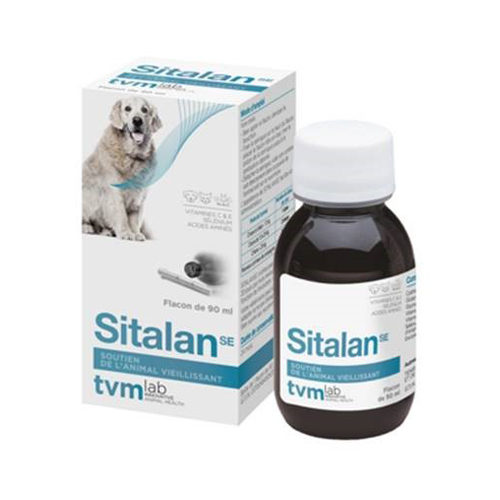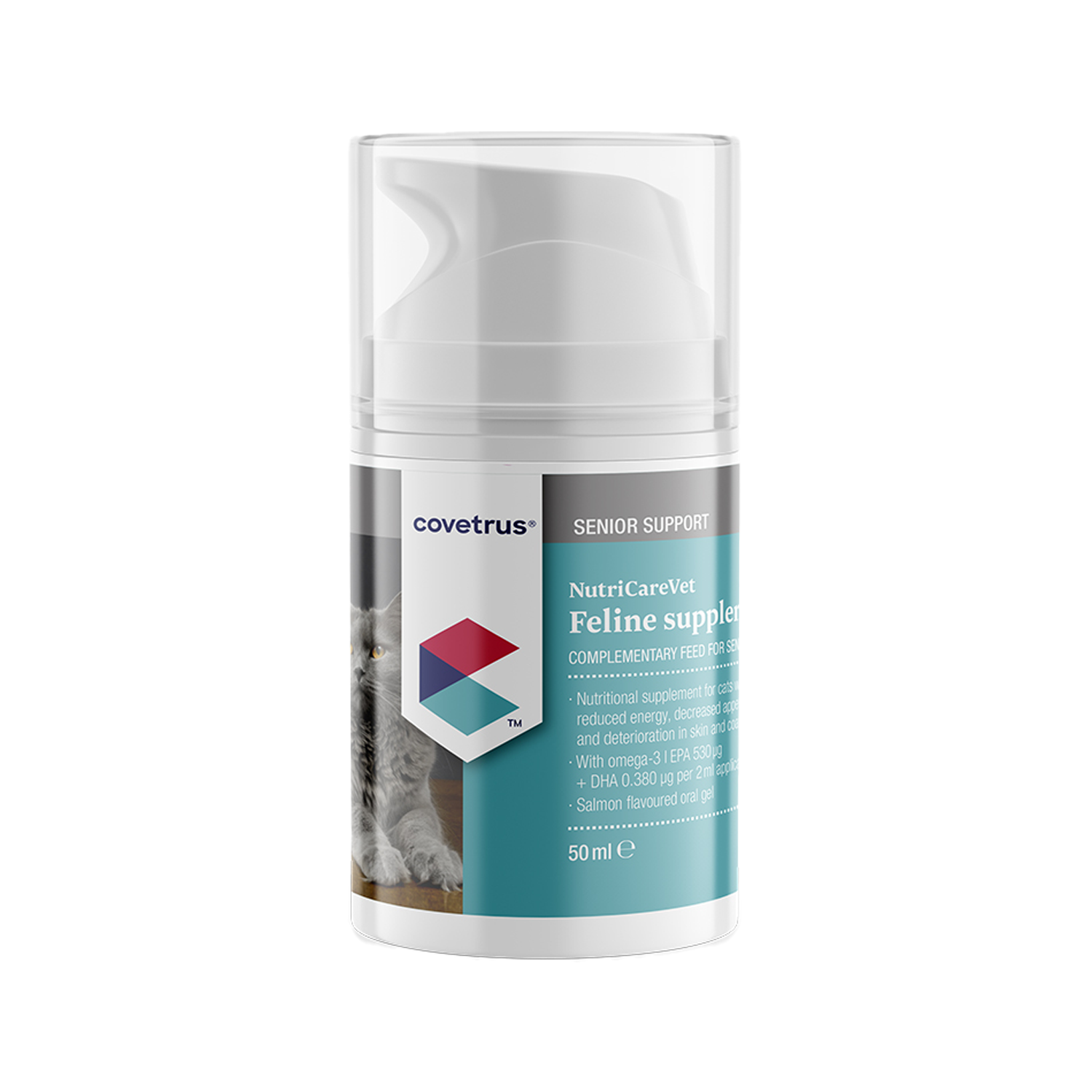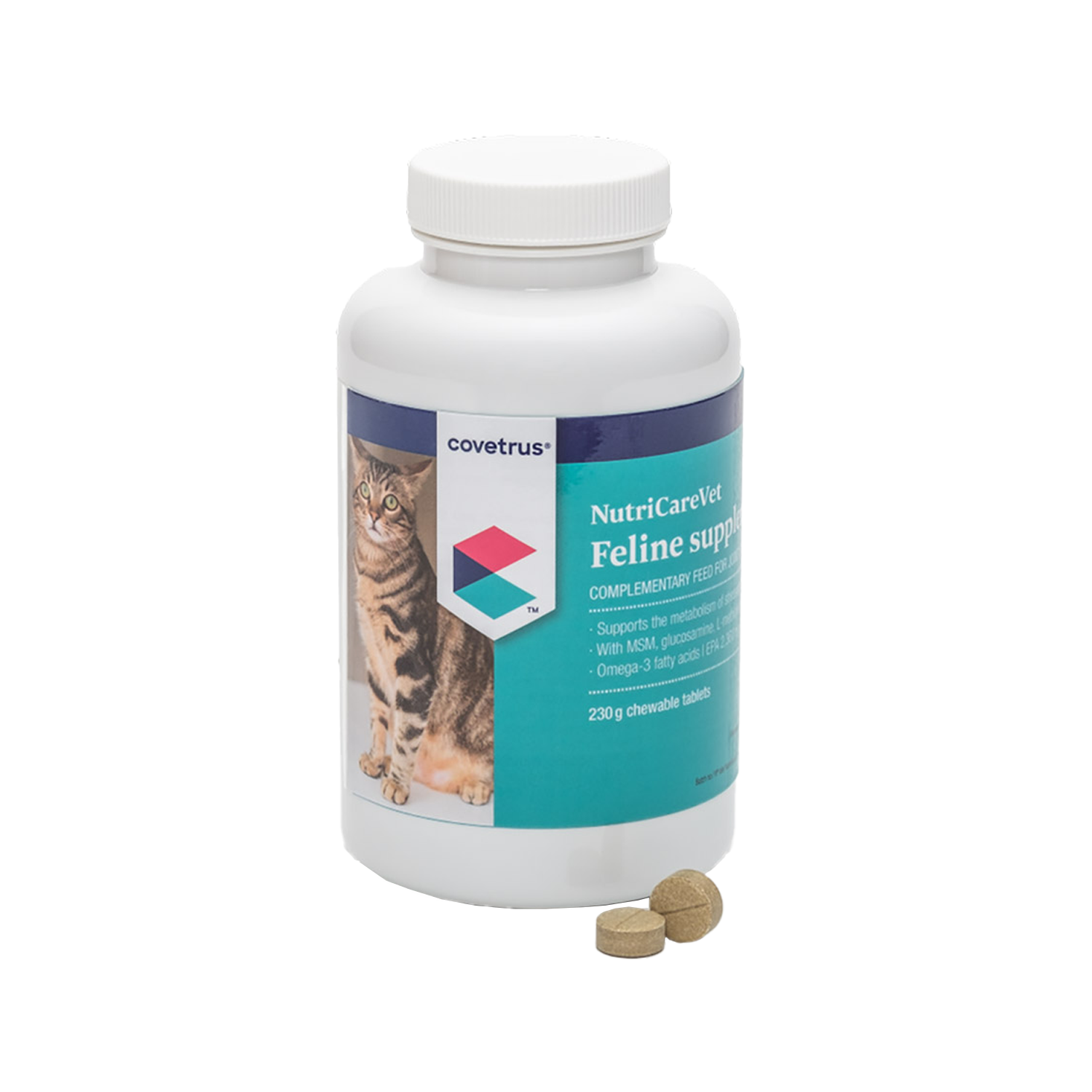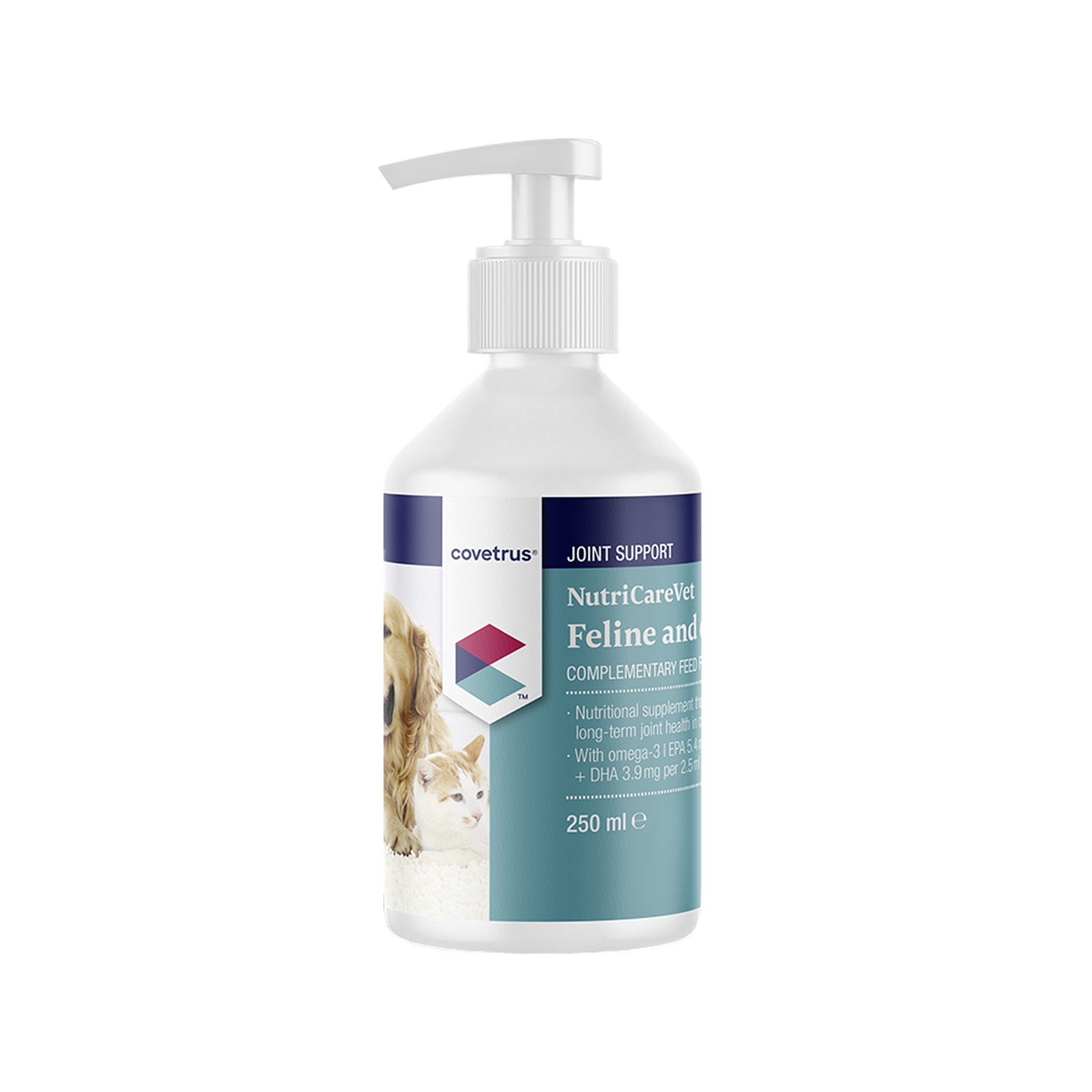How Old Does a Cat Get?
The average house cat reaches a lifespan of about 14 years. Of course, there are exceptions—many cats even reach the age of 20.
Aging in Cats: Not Always Visible
Your cat is considered a senior from the age of 7. However, the aging process is not always immediately visible from the outside. At this stage of life, your cat is more susceptible to health issues. For example, kidney function can decline without noticeable symptoms—did you know that signs of kidney failure only appear when 75% of kidney function is already lost? This is why regular check-ups with your veterinarian are important. Additionally, it’s crucial to monitor changes in your cat’s activity levels, eating and drinking habits, coat condition, and weight.
Nutrition for Older Cats
As your cat ages, its nutritional needs change. Kidney and joint health may decline, or your cat may gain weight due to decreased activity. Medpets offers various food options for aging cats, including Royal Canin VCN – Senior Consult. Senior Consult helps keep your aging feline as fit and healthy as possible for as long as possible. This happens in two phases:
- Phase 1 is suitable for older but still vital cats. This food helps protect against aging symptoms while supporting digestion, joints, muscles, and vital organs such as the heart, kidneys, and brain.
- Phase 2 is designed for older cats showing early signs of aging. This food protects against cell deterioration and has a high energy density, meaning even a small portion meets your cat’s energy needs. This helps maintain an optimal weight.
Tips
Would you like to support your cat in its senior years? Here are some helpful tips!
- About 90% of cats over the age of 12 experience joint problems. If your cat struggles with joint pain, grooming may become difficult. Help your cat by brushing its coat regularly—your cat will surely appreciate it! If the coat (or skin) starts deteriorating, consult your veterinarian.
- Jumping and climbing may not be as easy as before. Cats love to rest in high places where they can observe their surroundings. Ensure your senior cat can reach its favorite sleeping spot by providing a small step. The same goes for the litter box!
Speaking of the litter box… Does your senior cat use it more frequently? Does it make distressed noises while urinating or even pee outside the box? Urinary tract problems could be the cause. To be sure, always consult your veterinarian.
















